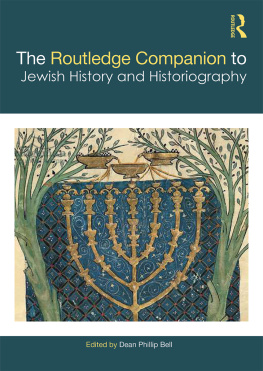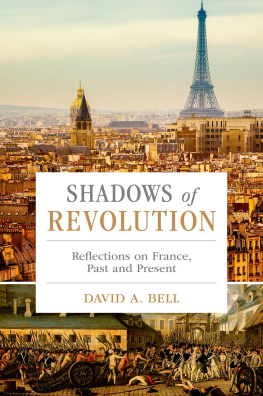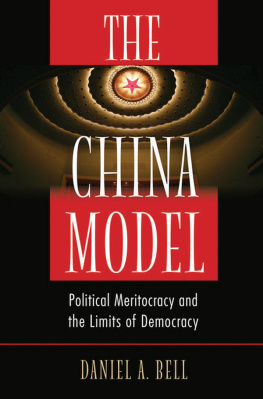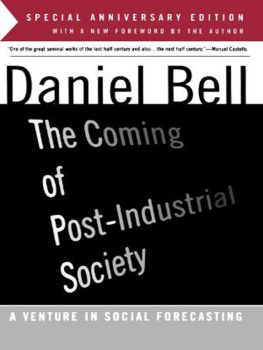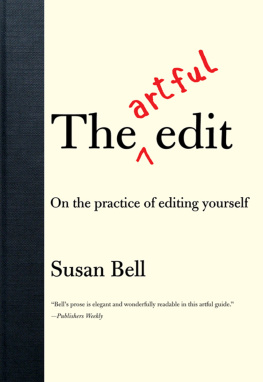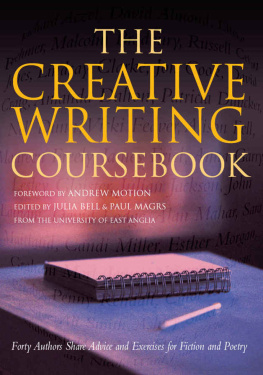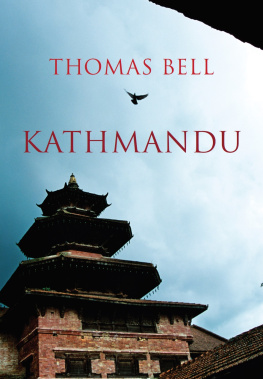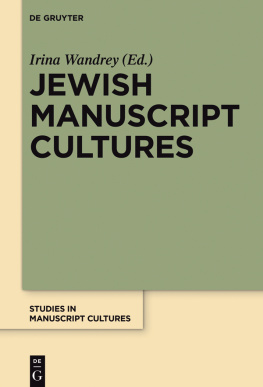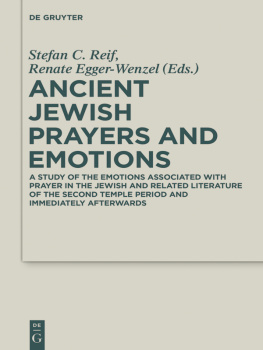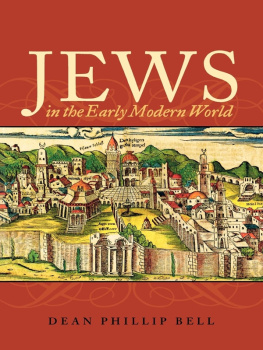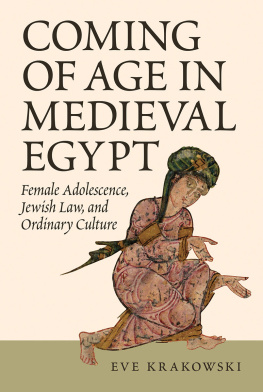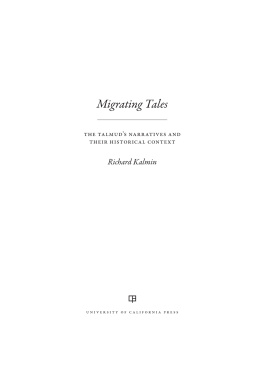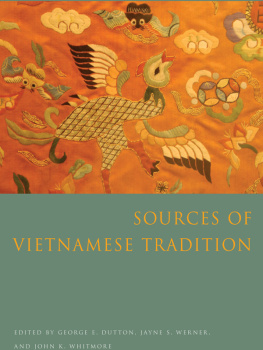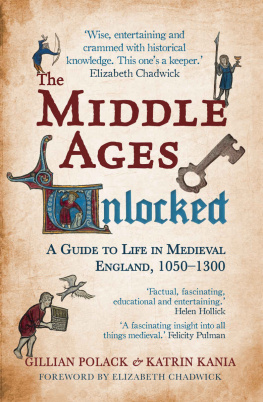
THE ROUTLEDGE COMPANION TO JEWISH HISTORY AND HISTORIOGRAPHY
The Routledge Companion to Jewish History and Historiography provides an overview of Jewish history from the biblical to the contemporary period, while simultaneously placing Jewish history into conversation with the most central historiographical methods and issues and some of the core source materials used by scholars within the field.
The field of Jewish history is profitably interdisciplinary. Drawing from the historical methods and themes employed in the study of various periods and geographical regions as well as from academic fields outside of history, it utilizes a broad range of source materials produced by Jews and non-Jews. It grapples with many issues that were core to Jewish life, culture, community, and identity in the past, while reflecting and addressing contemporary concerns and perspectives. Divided into four parts, this volume examines how Jewish history has engaged with and developed more general historiographical methods and considerations. Part I provides a general overview of Jewish history, while Parts II and III respectively address the rich sources and methodologies used to study Jewish history.
Concluding in Part IV with a timeline, glossary, and index to help frame and connect the history, sources, and methodologies presented throughout, The Routledge Companion to Jewish History and Historiography is the perfect volume for anyone interested in Jewish history.
Dean Phillip Bell is President/CEO and Professor of Jewish History at the Spertus Institute for Jewish Learning and Leadership in Chicago. His publications include Sacred Communities: Jewish and Christian Identities in Fifteenth-Century Germany (2001) and Jewish Identity in Early Modern Germany: Memory, Power and Identity (2007).
First published 2019
by Routledge
2 Park Square, Milton Park, Abingdon, Oxon OX14 4RN
and by Routledge
711 Third Avenue, New York, NY 10017
Routledge is an imprint of the Taylor & Francis Group, an informa business
2019 selection and editorial matter, Dean Phillip Bell; individual chapters, the contributors
The right of Dean Phillip Bell to be identified as the author of the editorial material, and of the authors for their individual chapters, has been asserted in accordance with sections 77 and 78 of the Copyright, Designs and Patents Act 1988.
All rights reserved. No part of this book may be reprinted or reproduced or utilised in any form or by any electronic, mechanical, or other means, now known or hereafter invented, including photocopying and recording, or in any information storage or retrieval system, without permission in writing from the publishers.
Trademark notice: Product or corporate names may be trademarks or registered trademarks, and are used only for identification and explanation without intent to infringe.
British Library Cataloguing in Publication Data
A catalogue record for this book is available from the British Library
Library of Congress Cataloging in Publication Data
Names: Bell, Dean Phillip, 1967- editor.
Title: The Routledge companion to Jewish history and historiography / edited by Dean Phillip Bell.
Description: Milton Park, Abingdon, Oxon; New York, NY: Routledge, [2019] | Includes index.
Identifiers: LCCN 2018014700| ISBN 9781138193611 (hardback: alk. paper) | ISBN 9780429458927 (ebook)
Subjects: LCSH: JewsHistoriography. | JewsHistory.
Classification: LCC DS115.5.R68 2019 | DDC 909/.04924dc23
LC record available at https://lccn.loc.gov/2018014700
ISBN: 978-1-138-19361-1 (hbk)
ISBN: 978-0-429-45892-7 (ebk)
Typeset in Bembo
by Sunrise Setting Ltd, Brixham, UK
For Juli, as always, for everything
CONTENTS
Dean Phillip Bell
Leonard J. Greenspoon
Jacqueline Vayntrub
Anne Knafl
Gary G. Porton
Gary G. Porton
Gary G. Porton
Gary G. Porton
Katja Vehlow
Katja Vehlow
Katja Vehlow
Katja Vehlow
Dean Phillip Bell
Dean Phillip Bell
Dean Phillip Bell
Dean Phillip Bell
Alan Levenson
Dean Phillip Bell
Michal Rose Friedman
Ellen LeVee
Steven Windmueller
Ellen Cannon
Mary E. Buck
Jodi Kornfeld
Laura Leibman
Vernon H. Kurtz
Aaron W. Hughes
Katja Vehlow
Benjamin Outhwaite
Dean Phillip Bell
Dean Phillip Bell
Ross Brann
Vernon H. Kurtz
Asher Salah
Tali Berner
Joshua Shanes
Joshua Shanes
Dean Phillip Bell
Amos Morris-Reich
Judith R. Baskin
Leonid Grinin
Mark Koyama
Simon Rabinovitch
Rachel Fish
Carsten Schapkow
Dean Phillip Bell
Yoel Cohen
Elliot Lefkovitz
Dean Phillip Bell
Work on a volume of this scope accrues a great many debts. I thank first the wonderful contributors, who embraced the vision of this project and who took time from their busy schedules and valuable research to write thoughtful and well-crafted essays. They have been model colleagues and it has been a pleasure to collaborate with them. The genesis of the idea for this book goes back to an exciting conversation with Eve Setch at Routledge, who deserves much of the credit for conceptualizing the volume and energetically supporting it through years of development and preparation. Thanks to the entire remarkable editorial and production team, including Kristy Barker, Sharon Nickels, Megan Hiatt, and Zoe Thomson. Many colleagues at my home institution, the Spertus Institute for Jewish Learning and Leadership, have been cherished thought partners and supporters, especially Keren Fraiman. I thank, in particular, Hal Lewis, Chancellor of Spertus and a long-time friend, whose insights about matters both academic and administrative have been a highlight of my work at Spertus and a constant source of meaning; and Peter Bensinger, Jr., Chairman of the Board at Spertus, whose unparalleled energy and intellectual curiosity have been a model and inspiration for this work and all that we do at Spertus.
Over a very long periodin work on this book as well as many other academic endeavorsmy family has provided the foundations, resources, and perspective that have undergirded all I have done. Malkaya and Chanan have been out changing the world through their work with and for so many people and through their generous and open spirits and worldviews. They have asked many good questions about the value and approach of history and the implications of what I study for identity, community, and society today. Roni and Yair have also challenged me to think about the role of and connections with history today. In many ways, they have taught me about the importance of diverse perspectives and ways of thinking, the value of living a balanced life, and the need to find ways to explain why history (or anything else, for that matter) really matters. They have shared their time with me, quite willingly and lovingly, along with many obscure ideas and off-hour labors. Finally, my wife Juli deserves credit for whatever merit this volume, and anything else that I do, has. As always, she takes upon herself a remarkable range of work and responsibility to free me to spend countless hours on my academic work. She supports me in all that I do, with encouragement, thoughtful discussion, and unending love. Although she does not consider herself an academic, and certainly not a historian, her penetrating insights and engaging conversations have shaped me and my academic work more than she knows. This book is dedicated to her.
Next page
